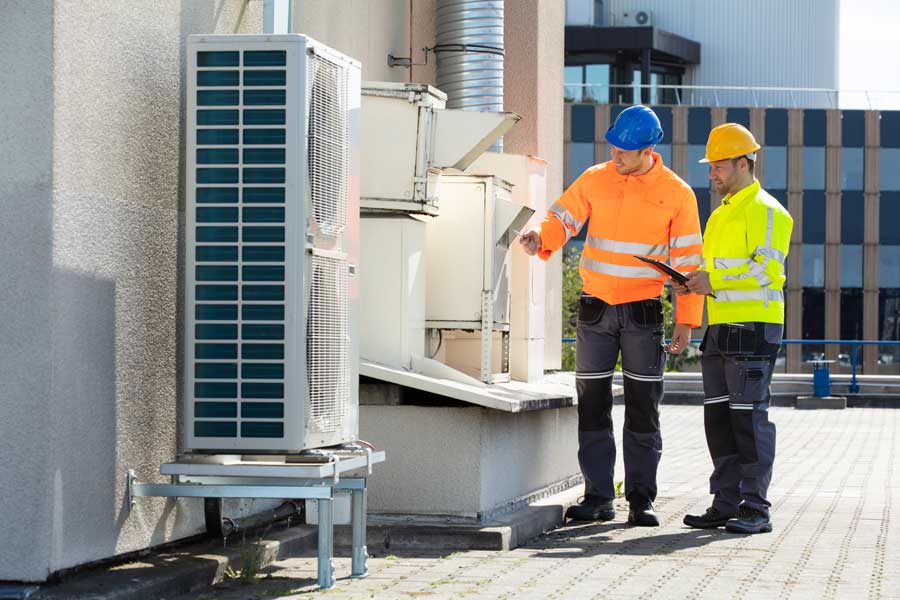
At Strouse Home Inspections, home inspections are not the only ones we perform. We also perform commercial property inspections on buildings up to 100,000 sq. You may think that these types of inspections are essentially the same, just on a different sale, but there’s more to it than that. Both residential and commercial properties serve different purposes and have different sets of standards to meet. Here’s how these two types of inspections differ.
Liability
One major difference between commercial and residential inspections is related to liability. When you purchase any property, you are usually working around tight deadlines, but you usually have even less wiggle room with commercial properties. Performing a commercial inspection thoroughly is crucial because oftentimes the transaction represents millions of dollars. Clients tend to be more demanding when dealing with commercial properties. Of course, it is always important that an inspector does a thorough job, whether commercial or residential. But if they miss something important on a commercial job, it can cost the property owner a great deal of money. For example, if an inspector missed a faulty mechanism on a residential HVAC system, this could lead to the homeowners having to replace their AC unit shortly after the purchase of their home. This usually costs around $10,000 or less. If that same mistake were to occur for a commercial property, that mistake could cost the property owner hundreds of thousands of dollars.
Commercial Property Inspection Guidelines
As far as residential inspections go, there is not much responsibility that falls on the seller and potential buyer. If you have hired a reputable inspector, all you need to do is sit back and wait for the report. Although at SHI, we invite all clients to join us on our inspections. This way we can go through the home with you and point out weak and strong parts of the property.
With a commercial inspection, a bit more is involved. For instance, the client should be prepared to provide the following to the inspector:
- Building plans
- Appraisals
- Safety inspection records
- Construction permits
- Maintenance records
- Fire history
Throughout the commercial inspection they will survey the following areas:
- HVAC system
- Plumbing system
- Electrical system
- Roof, gutters, and drainage system
- Sidewalks and parking lots
- Foundations
- Windows and doors
- Storage spaces
Ultimately, commercial and residential inspections share many similarities. Where they differ can be scope, size, and skill set needed to perform them. Whether you need a residential or commercial inspection, SHI has the skills needed to get the job done. Give us a call today to get started.
By Strouse Home Inspections 8-18-2022